Log in and enrol
Li-ion batteries devices for sustainable energy storage
Li-ion batteries devices for sustainable energy storage
Exploring Lithium-Ion Batteries: Unveiling Working Principles, Safety Issues, and Sustainable Design
Course description
The course "Li-ion batteries: devices for sustainable energy storage" delves into secondary aprotic lithium-ion batteries and related technologies. It emphasizes key components, safety challenges, and the importance of sustainable practices such as recycling and improving materials. It covers innovations aimed at enhancing performance while ensuring safety and environmental impact considerations in scaling up for electric traction. Participants will gain a comprehensive understanding of the advancements and challenges crucial for the sustainable development of lithium-ion technology in energy storage systems.
Total workload of the course: 15 hours
This MOOC is provided by Politecnico di Milano, Politecnico di Torino, Alma Mater Studiorium Università di Bologna, Università degli Studi di Milano Bicocca, Sapienza Università di Roma.
Questo progetto è promosso da MOST - Centro Nazionale per la Mobilità Sostenibile, Spoke Leader SP04 – Trasporto Ferroviario. Progetto finanziato dall’Unione europea - NextGenerationEU – Piano Nazionale Resistenza e Resilienza (PNRR) - Missione 4 Componente 2 Investimento 1.4 – Progetto CN_00000023 denominato Sustainable Mobility Center CUP D43C22001180001.





Questo MOOC è finanziato dall’Unione europea - NextGenerationEU – Piano Nazionale Resistenza e Resilienza (PNRR). I punti di vista e le opinioni espresse sono tuttavia solo quelli degli autori e non riflettono necessariamente quelli dell'Unione europea o della Commissione europea. Né l'Unione europea né la Commissione europea possono essere ritenute responsabili per essi.
Intended Learning Outcomes
At the end of this course, you will be able to:
- Explain the fundamental chemical and physical principles governing lithium-ion electrochemical energy storage systems, including the roles of key components such as cathodes, anodes, electrolytes, and separators
ESCO: electrochemistry ESCO: battery chemistry ESCO: energy storage systems - Compare and evaluate different commercial formulations and innovative research trends in lithium-ion battery materials, focusing on performance indicators and application-specific requirements
ESCO: battery design - Apply analytical methods to assess the performance, efficiency, and trade-offs of lithium-ion battery technologies in various real-world scenarios
ESCO: battery formation ESCO: performance diagnosis - Demonstrate technical competence in identifying and optimizing material properties for cathodes and anodes to support the development and improvement of battery products
ESCO: battery components - Identify potential safety risks related to electrical, thermal, and mechanical abuse in lithium-ion batteries, and describe effective mitigation strategies and safety protocols
ESCO: key risk indicators - Discuss the environmental and economic implications of lithium-ion battery production, with a focus on critical raw materials, recycling processes, and circularity
ESCO: disassemble mobile devices ESCO: develop recycling programs - Integrate sustainability principles into the design, use, and end-of-life management of lithium-ion batteries, contributing to more responsible and future-oriented energy solutions
ESCO: develop recycling programs ESCO: materials engineering
Prerequisites
Master degree in STEM disciplines
Activities
Over and above consulting the content, in the form of videos and other web-based resources, you will have the opportunity to discuss course topics and to share ideas with your peers in the Forum of this MOOC. The forum of this MOOC is freely accessible, and participation is not guided; you can use it to compare yourself with other participants, or to discuss course contents with them.
Section outline
-
-
In the first week of the lithium-ion battery course, participants will gain an understanding of fundamental principles governing electrochemical energy storage systems, particularly lithium-ion technology. The lesson will cover key components, including anodes, cathodes, electrolytes, and separators, emphasizing their chemical and physical interactions. Focus will also be on how formulation parameters affect performance. Discussions will highlight the practical applications of lithium-ion technology in electric vehicles and renewable energy storage, ultimately reinforcing the significance of these systems in addressing contemporary energy challenges and shaping the future of energy solutions.
-
In the second week of the lithium-ion battery course, participants will focus on the intricacies of cathode and anode materials. They will analyze commercial cathode materials, their formulations, and performance metrics, exploring innovative research aimed at improving cathode technologies. The curriculum will then transition to anode materials, discussing their operation principles, challenges like capacity limitations, and research advancements in material engineering. Finally, learners will delve into electrolytes and separators, understanding their roles, performance characteristics, and the impact of innovations on efficiency and sustainability in lithium-ion batteries, fostering critical evaluation skills across these components.
-
In the third week of the lithium-ion battery course, the focus will shift to understanding fundamental safety risks associated with lithium-ion technology. Participants will explore electrical, thermal, and mechanical abuses, gaining insights into potential failure mechanisms that can arise during battery operation. The week will emphasize the critical importance of recognizing the risks of thermal runaway and battery explosions. Students will learn about effective mitigation technologies that can enhance safety and develop strategies to minimize risks in various applications. This knowledge will empower them to promote the safe use of lithium-ion batteries in real-world scenarios, ensuring a comprehensive understanding of safety standards essential in the energy storage industry.
-
In the fourth week of the lithium-ion battery course, participants will focus on the critical raw materials used in battery formulations. This lesson will provide an in-depth exploration of recycling processes, emphasizing the principles of the circular economy and the sustainability aspects involved in battery production and disposal. Learners will gain insights into the importance of effective waste management strategies and how they can drive the development of eco-friendly technologies. By the end of the week, students will be equipped to contribute to sustainable practices within the battery industry, ensuring that their understanding translates into actionable solutions for environmental challenges.
-
-
-
Video transcripts Folder
-
Assessment
Your final grade for the course will be based on the results of your answers to the assessed quizzes. You have an unlimited number of attempts at each quiz, but you must wait 15 minutes before you can try again. You will have successfully completed the course if you score 60% (or higher) in each one of the assessed quizzes. The maximum score possible for each quiz is given at the beginning of the quiz. You can view your score in the quiz on your last attempt or on the 'Grades' page.
Certificate
You can achieve a certificate in the form of an Open Badge for this course, if you reach at least 60% of the total score in each one of the assessed quizzes and fill in the final survey.
Once you have completed the required tasks, you will be able to access ‘Get the Open Badge’ and start issuing the badge. Instructions on how to access the badge will be sent to your e-mail address.
The Badge does not confer any academic credit, grade or degree.
Information about fees and access to materials
You can access the course completely online and absolutely free of charge
Course faculty

Sergio Brutti
Teacher
Associate Professor of Chemical Physics at the University of Rome La Sapienza and from 2024 President of the GISEL-INSTM (Centro di Riferimento Nazionale per i Sistemi di Accumulo Elettrochimico di Energia), co-leader of the ENAM research group (Electrochemistry and Nanotechnologies for Advanced Materials) at Sapienza and author of more than 180 papers published in scientific international journals in the field of materials for batteries.

Riccardo Ruffo
Teacher
Full Professor of Chemical Physics at the University of Milano-Bicocca, member of the MATE (Materials Electrochemistry) group, and leader of the Electrochemical Energy Storage group at Unimib and author of 170 papers published in scientific international journals in the field of electroactive materials.

Giuseppe Elia
Teacher
Associate Professor of Chemical Physics at the Politecnico di Torino, co-leader of the GAME research group (Gruppo di Materiali Applicati e Elettrochimica) at Polito and author of more than 70 papers published in scientific international journals in the field of materials for batteries. He holds a PhD from Sapienza University of Rome and has conducted research at leading institutions including the Technical University of Berlin, Helmholtz Institute Ulm, and the University of Warwick. He has also been a visiting scientist at Hanyang University, MEET (Münster), Argonne National Laboratory, and HIU. His research focuses on physical chemistry, electrochemistry, and materials science for energy storage, with particular expertise in nanostructured electrode materials and innovative electrolytes for lithium-ion and post-lithium systems (e.g., sodium, calcium, zinc, aluminium).

Simone d’Agostino
Teacher
Associate Professor of Inorganic Chemistry at the University of Bologna Alma Mater, member of the Molecular Crystal Engineering Group at Unibo and author of more than 50 papers published in scientific international journals in the fields of Solid-State Chemistry and Crystal Engineering.

Antunes Staffolani
Teacher
Assistant Professor (RTDA) of Inorganic Chemistry at the Alma Mater University of Bologna, member of the EnerCUBE Lab research group (Department of Chemistry “Giacomo Ciamician”) at Unibo and author of more than 19 papers published in scientific international journals in the field of battery materials and Solid Oxide cells. Moreover, He is author of 2 book chapters and 1 patent (granted).

Alessandro Piovano
Teacher
Assistant Professor (RTDA) at Politecnico di Torino, where he teaches Fundamentals of Chemistry and Organic Chemistry for Engineering, along with the teaching of Catalysis at the University of Montpellier within the frame of Erasmus Mundus MaMaSELF program. As researcher, he is member of the GAME research group ( Gruppo di Materiali Applicati e Elettrochimica) at Polito and author of more than 50 papers published in scientific international journals in the field of materials for energy storage and for catalytic processes. He received his PhD degree in Chemical and Materials Sciences in 2017 at the University of Torino, focusing on Physical Chemistry and spending some months as internship at Utrecht University. During his research activity, he took part to many experiments at large scale facilities, as synchrotrons and neutron sources.

Paola Russo
Teacher
Full Professor of Technological Industrial Chemistry at the University of Rome La Sapienza, member of the Chemical Engineering University Group (GRICU) and author of more than 150 papers published in scientific international journals in the field of materials for batteries and safety.

Micol di Veroli
Teacher
PhD student in Electrical Engineering for Materials and Nanotechnology at the University of Rome La Sapienza. Member of the Theory of the Development of Chemical Processes and ELEMeNT Lab research groups within the Departments of Chemistry and Department of Basic and Applied Sciences for Engineering at Sapienza University of Rome. Author of one paper published in international scientific journals in the field of battery recycling technologies. Her research primarily focuses on energy storage systems and the recycling of lithium-ion batteries, with particular emphasis on the production and recovery of cathode materials through co-precipitation processes.
This MOOC also includes contributions from:
Chiara Ferrara, Associate Professor of Physical Chemistry at the University of Milano Bicocca, for the lecture "Positive electrodes".
Claudio Gerbaldi, Full Professor of Principles of Chemistry for Applied Technologies at the Politecnico di Torino, for the lecture "Electrolytes and separators".
Ludovica D’Annibale, PhD student in Electrical Engineering for Materials and Nanotechnology at the University of Rome La Sapienza, for the lecture "Sustainability and recycling".
Matteo Busato, Assistant Professor of Physical Chemistry at the University of Rome "La Sapienza", for the lecture "Positive electrodes".
Matteo Bonomo, Associate Professor of Chemistry of Technologies at the University of Rome "La Sapienza", for the lecture "Performance and formulations".
Francesca Pagnanelli, Full Professor of Theory of the development of chemical processes (TSPC) at the Department of Chemistry of the University of Rome La Sapienza, for the lecture "Sustainability and recycling".
Francesca Soavi, Associate Professor in Inorganic Chemistry at the University of Bologna Alma Mater, for the lecture "Introduction to lithium batteries".
Hamideh Darjazi, Assistant Professor of Principles of Chemistry for Applied Technologies at the Politecnico di Torino, for the lecture "Negative electrodes".
Contact details
If you have any enquiries about the course or if you need technical assistance please contact pok@polimi.it. For further information, see FAQ page.